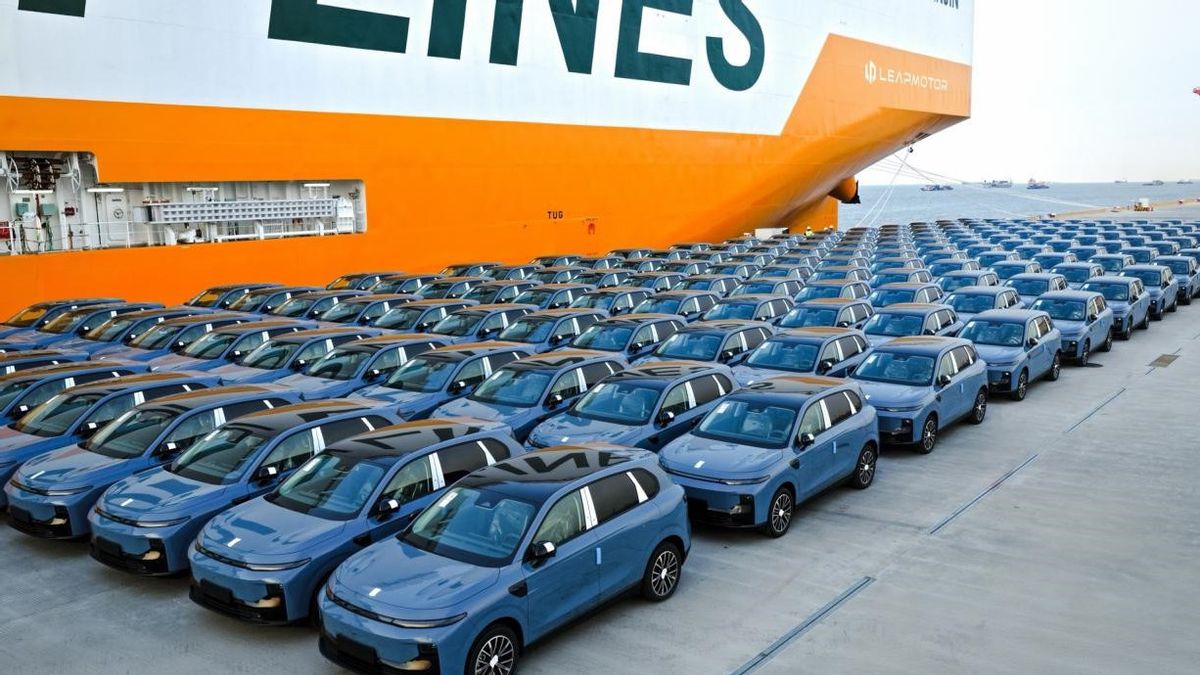
Sebastian Contin Trillo-Figueroa, Geopolitics Analyst in EU-Asia Relations and AsiaGlobal Fellow, The University of Hong Kong
Feb 14, 2026
Hostage Interdependence and Managed CohabitationThe land of Machiavelli, Richelieu, and Metternich has rediscovered a rule of power politics it once grasped ins
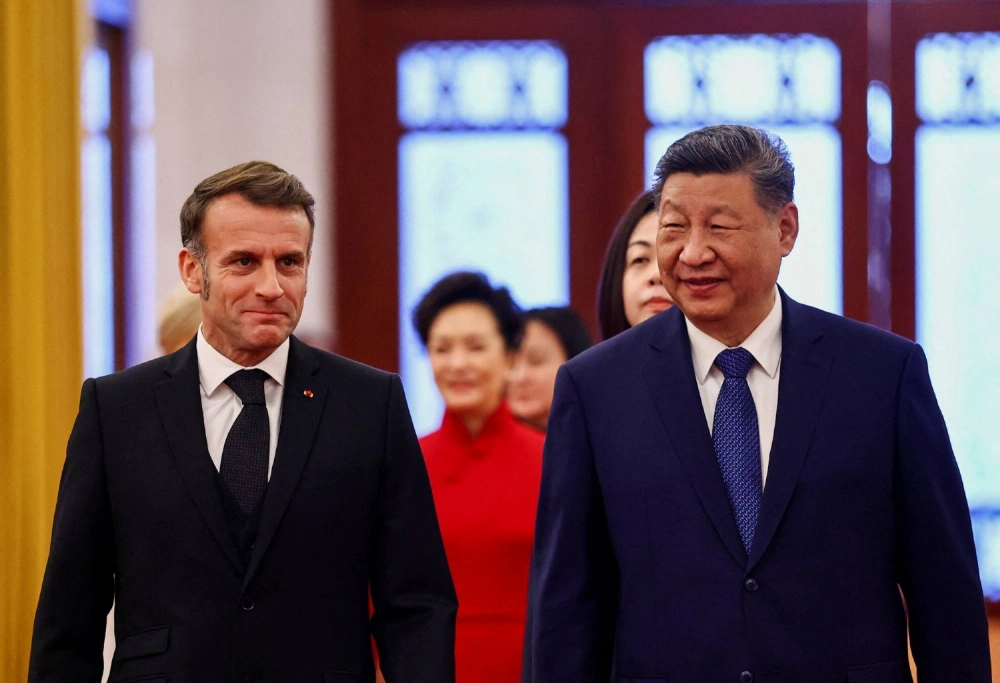
Brian Wong, Assistant Professor in Philosophy and Fellow at Centre on Contemporary China and the World, HKU and Rhodes Scholar
Jan 07, 2026
French President Emmanuel Macron’s recent visit to China reinforced bilateral ties through trade, investment, and scientific cooperation, yet yielded few breakthroughs on contentious issues like Ukraine or advanced technology transfer, reflecting Beijing’s guarded approach. While Macron projects a Neo-Gaullist vision of strategic autonomy and a “Third Way” between the U.S. and China, structural constraints in France and the enduring weight of trans-Atlantic ties limit the substantive impact of his approach.
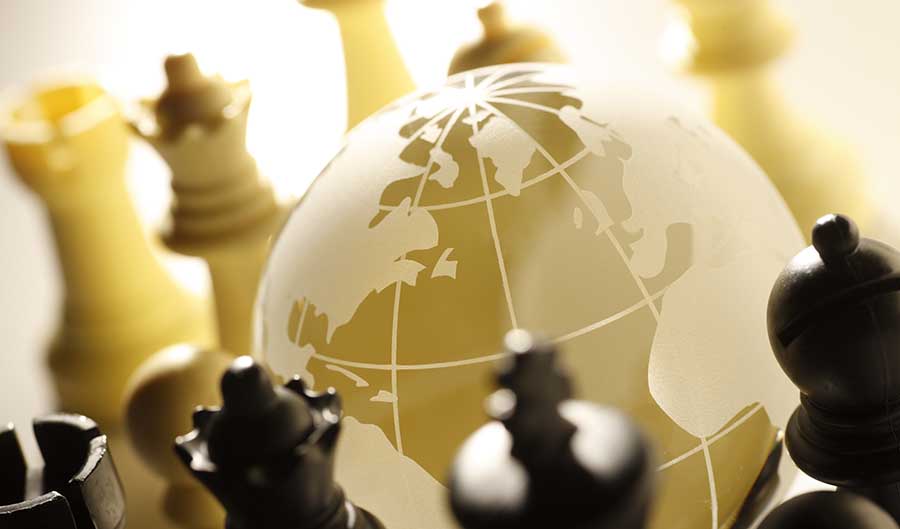
Wang Youming, Senior Research Fellow of BRICS Economic Think Tank, Tsinghua University
Jan 05, 2026
China’s Global Governance Initiative contains some clear structural and cognitive differences compared with the West. Global governance has entered a post-Western era and requires the building of a new governance regime that features consultation and sharing.
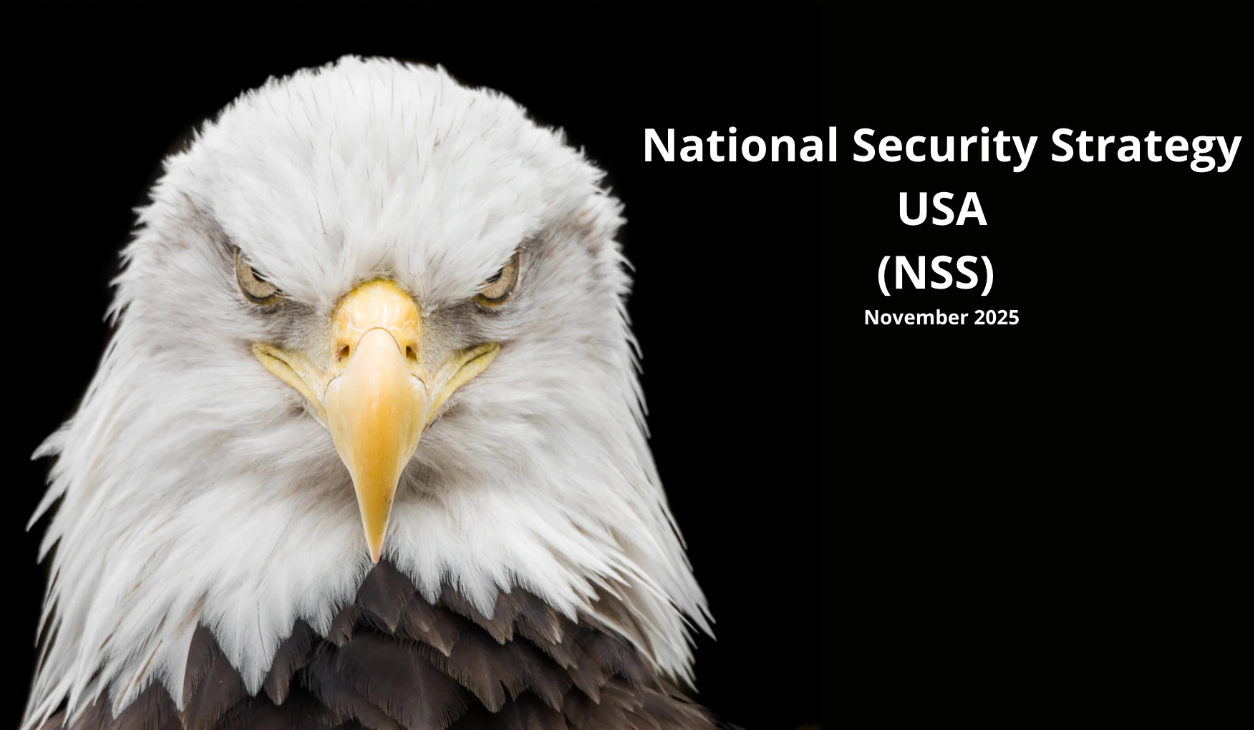
Sun Chenghao, Fellow, Center for International Security and Strategy of Tsinghua University; Munich Young Leader 2025
Dec 08, 2025
Reframing Europe as an example of civilizational erosion reinforces crisis narratives among conservatives in the United States while mirroring problems that exist within Europe itself. In effect, Washington is using Europe’s crisis to tell a story about America.
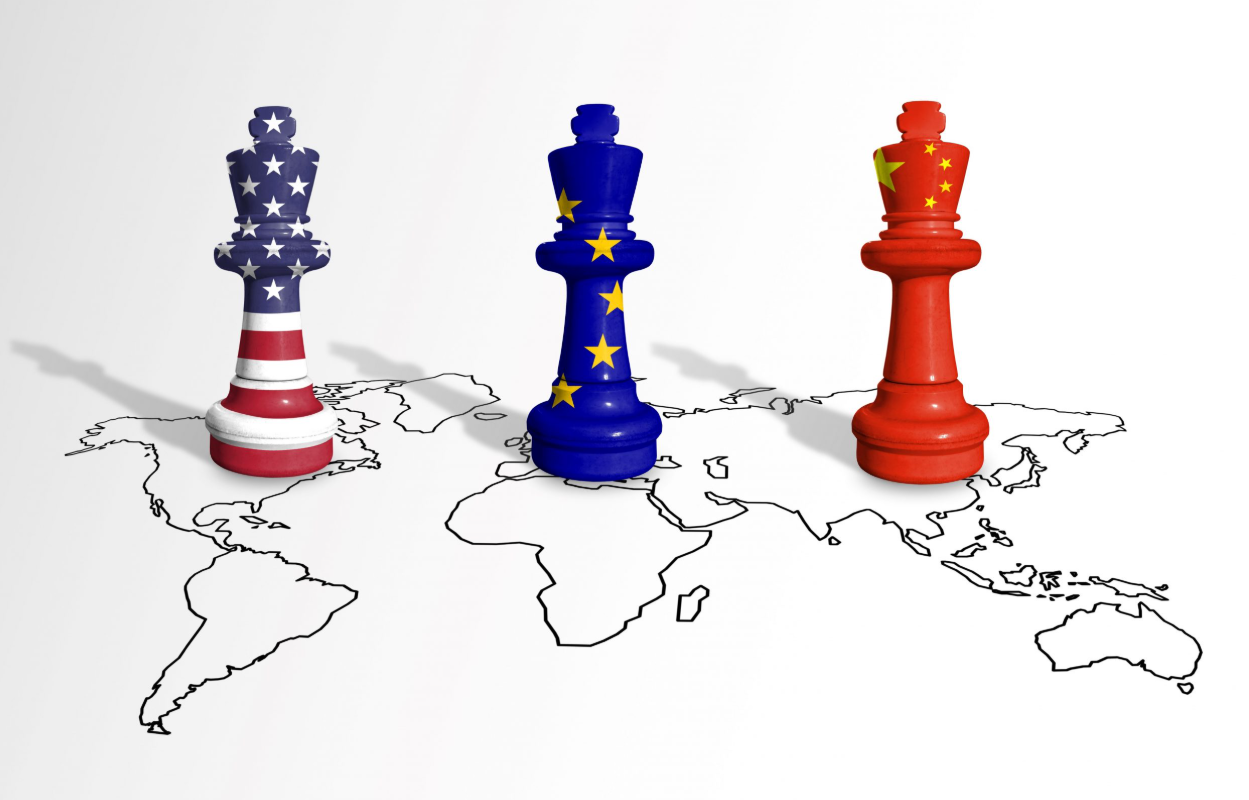
Dong Yifan, Associate Research Fellow, Belt and Road Academy of Beijing Language and Culture University
Nov 28, 2025
By sacrificing Chinese interests to signal alignment with the United States, the European Union overestimates its own leverage and underestimates China’s resilience and strategic resolve, thereby complicating pragmatic China-EU cooperation and impeding coordination on global challenges.
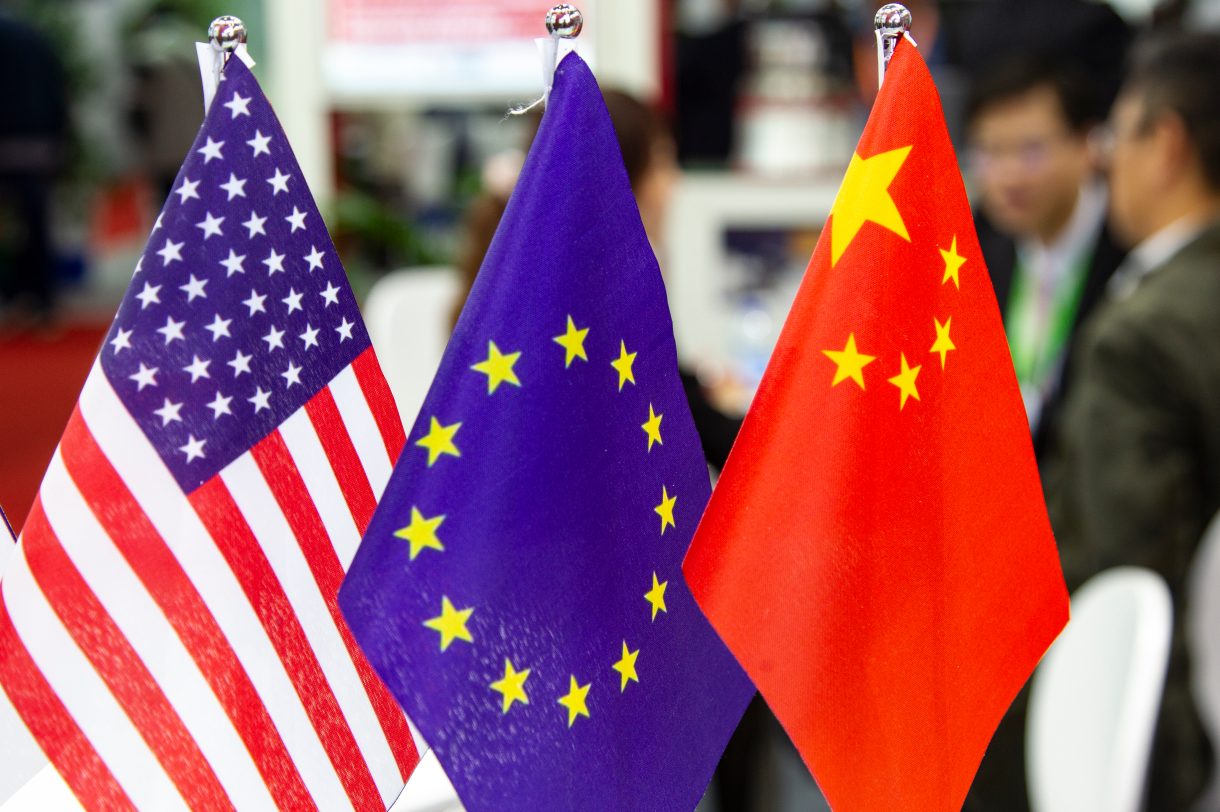
Sebastian Contin Trillo-Figueroa, Geopolitics Analyst in EU-Asia Relations and AsiaGlobal Fellow, The University of Hong Kong
Oct 22, 2025
Europe has failed to establish a coherent strategy toward China, shifting inconsistently between partnership, competition, and rivalry without defining clear objectives. Ursula von der Leyen’s 2025 State of the Union address, which omitted any substantive mention of China, marked the collapse of the EU’s China policy and exposed its strategic paralysis amid U.S. pressure and Chinese influence.
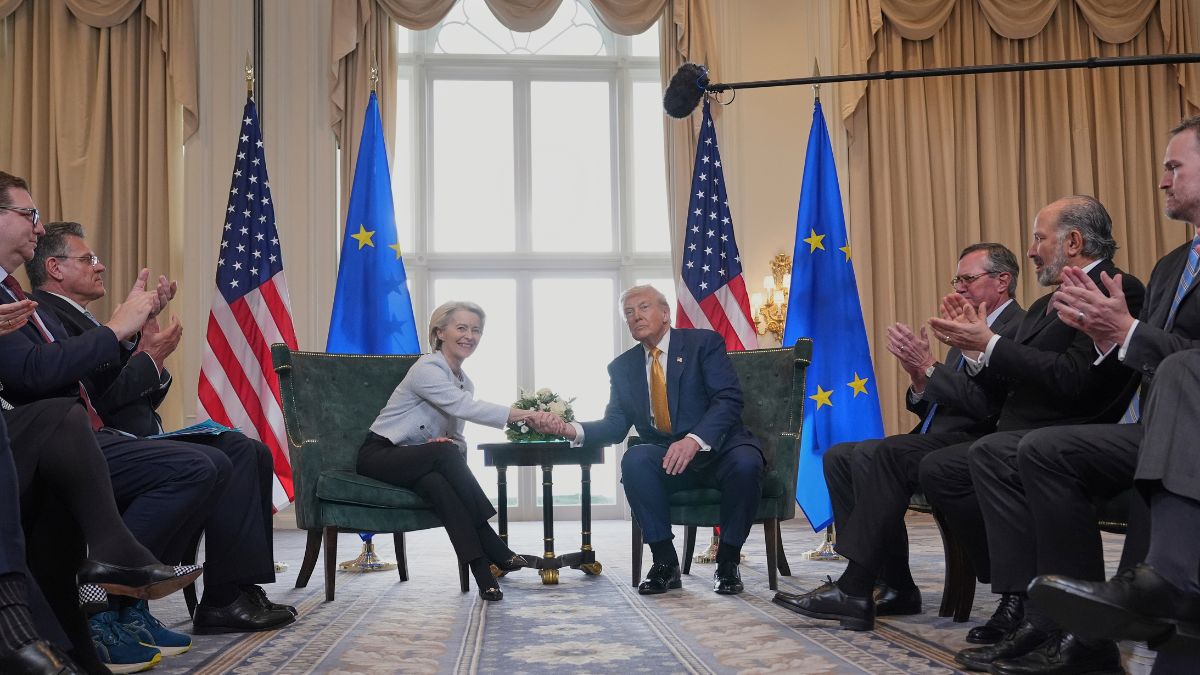
Zhang Monan, Deputy Director of Institute of American and European Studies, CCIEE
Sep 19, 2025
The U.S. president has upended the traditional liberal international order, recalibrated relations with allies and is poised to exert a profound influence on the global strategic landscape through transactional alliances.
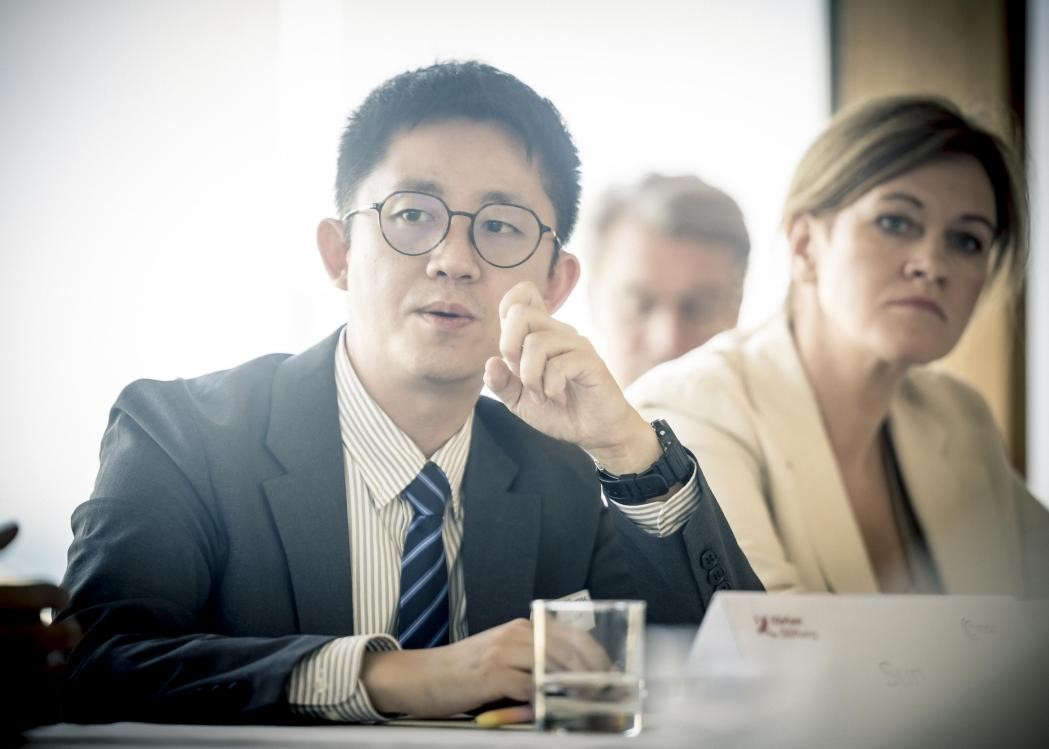
Sun Chenghao, Fellow, Center for International Security and Strategy of Tsinghua University; Munich Young Leader 2025
Sep 12, 2025
Europe retains global influence in areas such as multilateral governance, the green transition and technological innovation. If it can craft a new synthesis between strategic autonomy and transatlantic cooperation, it may yet play an independent role in the emerging great-power landscape.
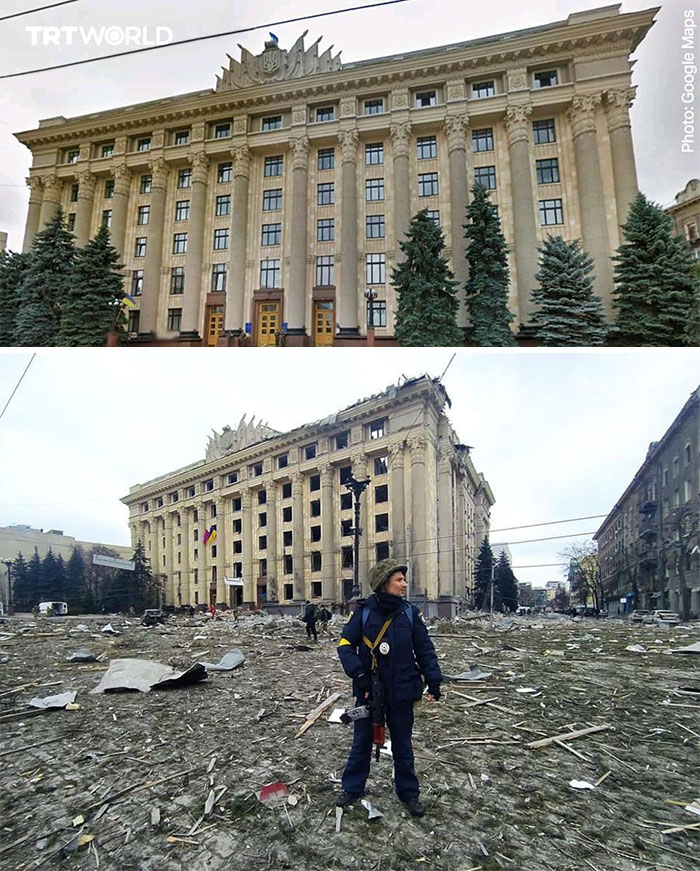
Dan Steinbock, Founder, Difference Group
Aug 28, 2025
As the endgame looms over the proxy war in Ukraine, the catastrophic costs of the unwarranted conflict continue to soar. There was an alternative future for Ukraine, based on development. But it was purposely denied.
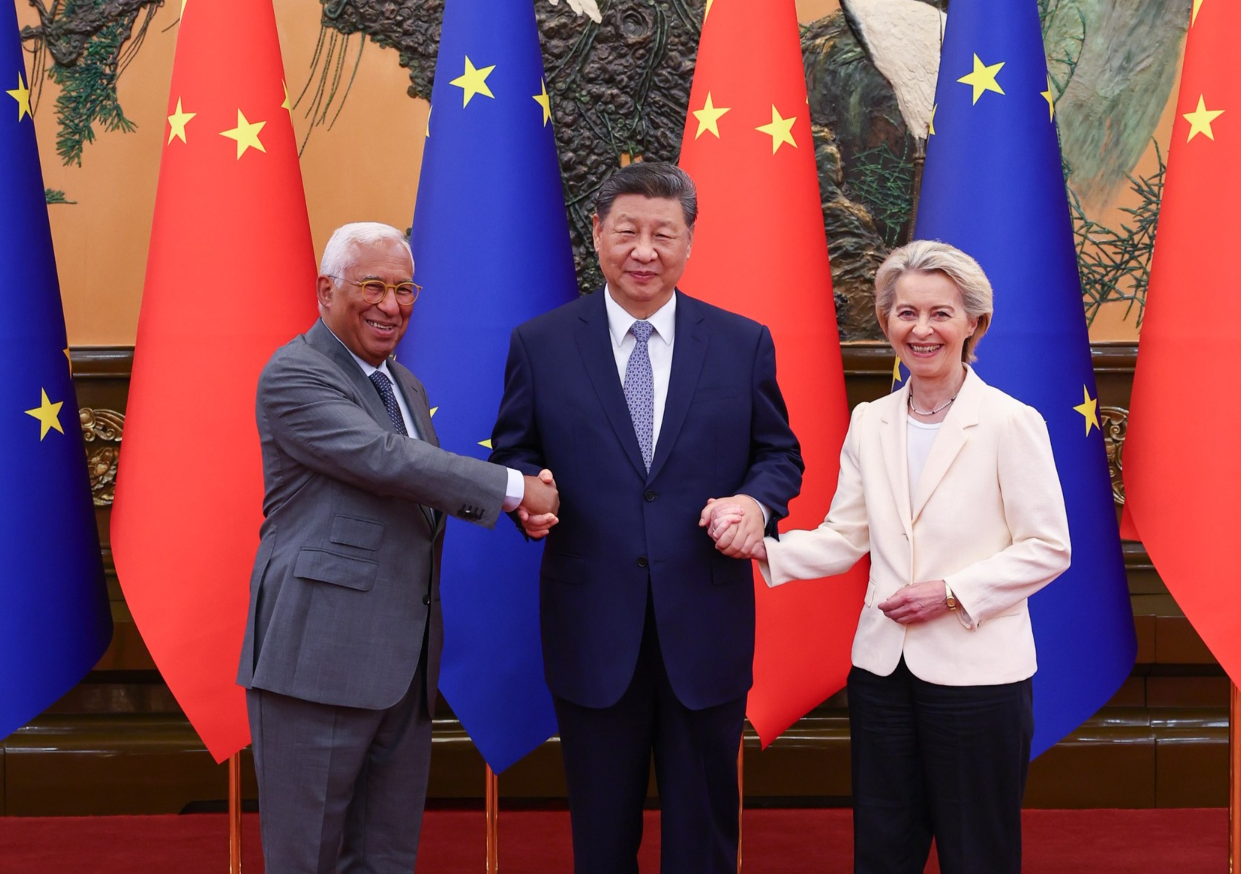
Brian Wong, Assistant Professor in Philosophy and Fellow at Centre on Contemporary China and the World, HKU and Rhodes Scholar
Aug 01, 2025
At the 25th China-EU Summit in Beijing, Chinese and European leaders acknowledged both overlapping interests and deep divergences, especially over China’s seeming alignment with Russia and the Ukraine war. While Beijing seeks improved economic ties with Europe, it continues to prioritize geopolitical security and its strategic rivalry with the U.S. over European concerns, limiting the prospects for major diplomatic improvements.
Back to Top

- China-US Focus builds trust and understanding between the U.S. and China through open dialogue among thought leaders.
- Our Offerings
- Topics
- Videos
- Podcasts
- Columnists
- Research Reports
- Focus Digest
- Stay Connected
-
Thanks for signing up!
- Get the latest stories from China-US Focus weekly.